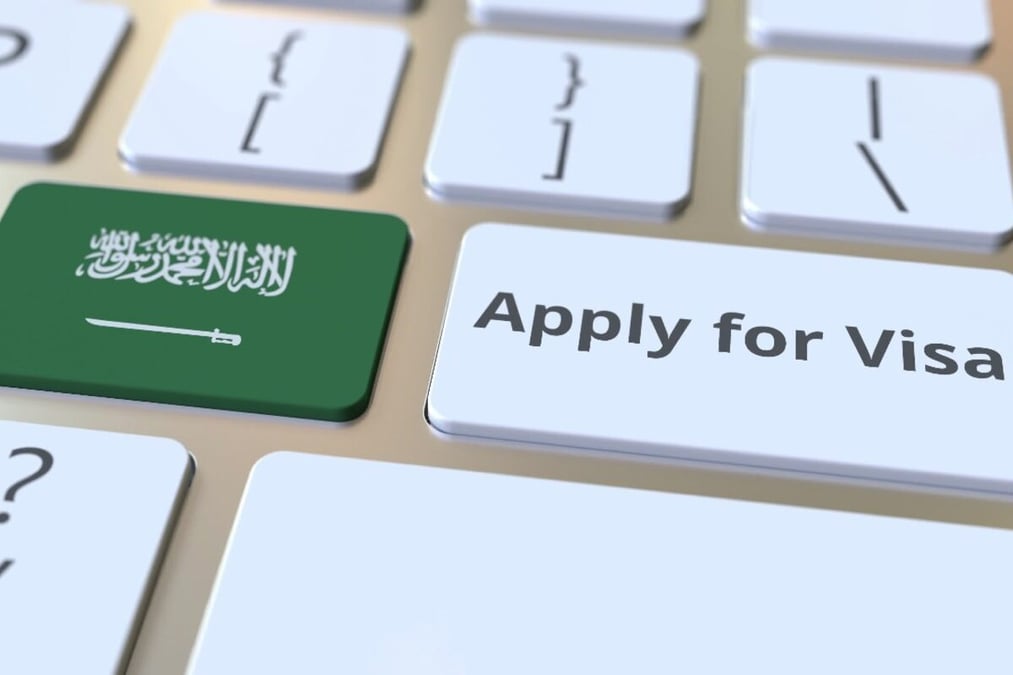The Saudi Foreign Ministry has officially introduced KSA Visa, a new national platform for visa applications. The development took place during the Digital Government Forum in Riyadh. According to the Saudi Press Agency (SPA), the platform aims to simplify the visa application process for various purposes such as Hajj, Umrah, tourism, business-related visits, and employment. It connects with over 30 ministries, authorities, and private-sector organizations, making the application process more efficient.
Read more: Saudi launches ‘Visiting Investor’ visa to attract investments
The KSA Visa platform incorporates a smart search engine to assist users in finding the visas they require, while also offering a centralized system that delivers comprehensive information on visa prerequisites and application processes. Users have the option to create a personal profile, which facilitates future applications. Officials have stated that the platform employs artificial intelligence and other cutting-edge technologies to guarantee precise data verification and enhance overall efficiency. To access the new system, visit ksavisa.sa.
KSA VISA… the national digital platform for issuing all types of visas. pic.twitter.com/ZXG4newfxg
— Foreign Ministry 🇸🇦 (@KSAmofaEN) December 19, 2023
Saudi Arabia issued over 18.6 million visas in the year 2023, with the processing time for digital visas reduced to just 60 seconds. The country has also collaborated with 56 nations to advance the digitization of visas.
In line with the objectives outlined in the 2024 general budget, Saudi Arabia aims to increase tourism spending to SR289 billion, attract 88 million visitors, and generate more employment opportunities within the tourism sector.
Moreover, the Digital Government Forum will announce the results of the digital transformation evaluation conducted in 2023. Governor of the Digital Government Authority, Ahmed Alsuwaiyan, emphasized that Saudi Arabia is committed to continuing its digital transformation journey as part of its Vision 2030. This includes enhancing the efficiency of digital services provided by government agencies to improve the experience of beneficiaries, enhance quality of life, and boost competitiveness.
For more news on hospitality and tourism, click here.








